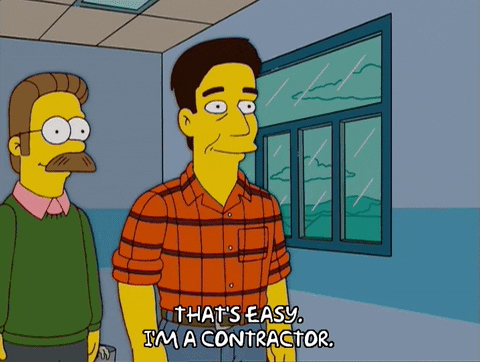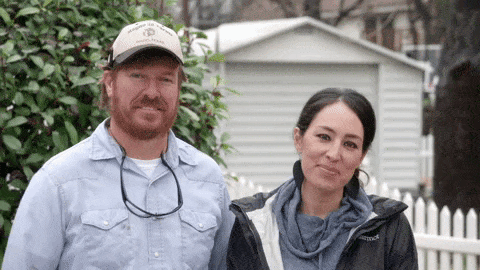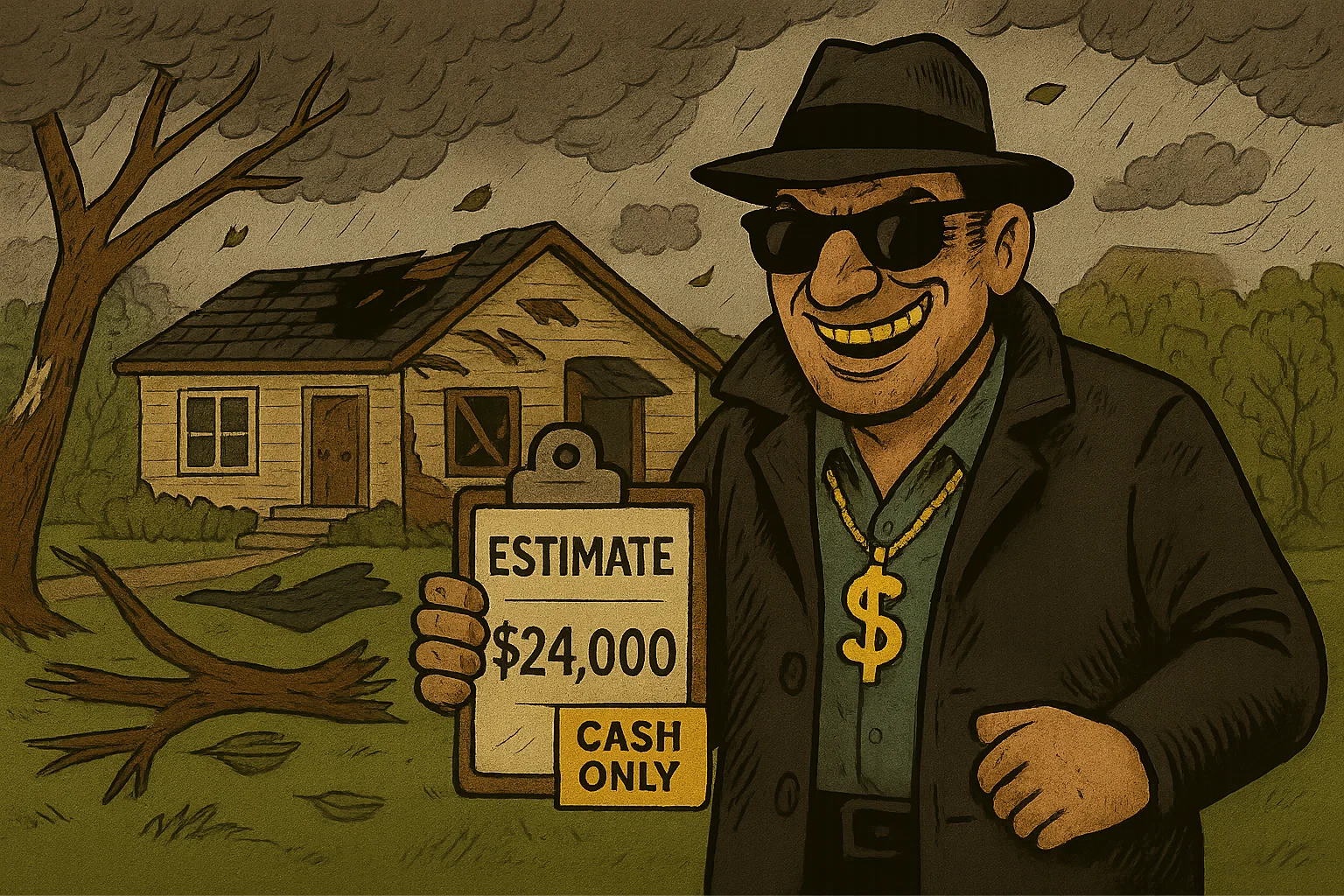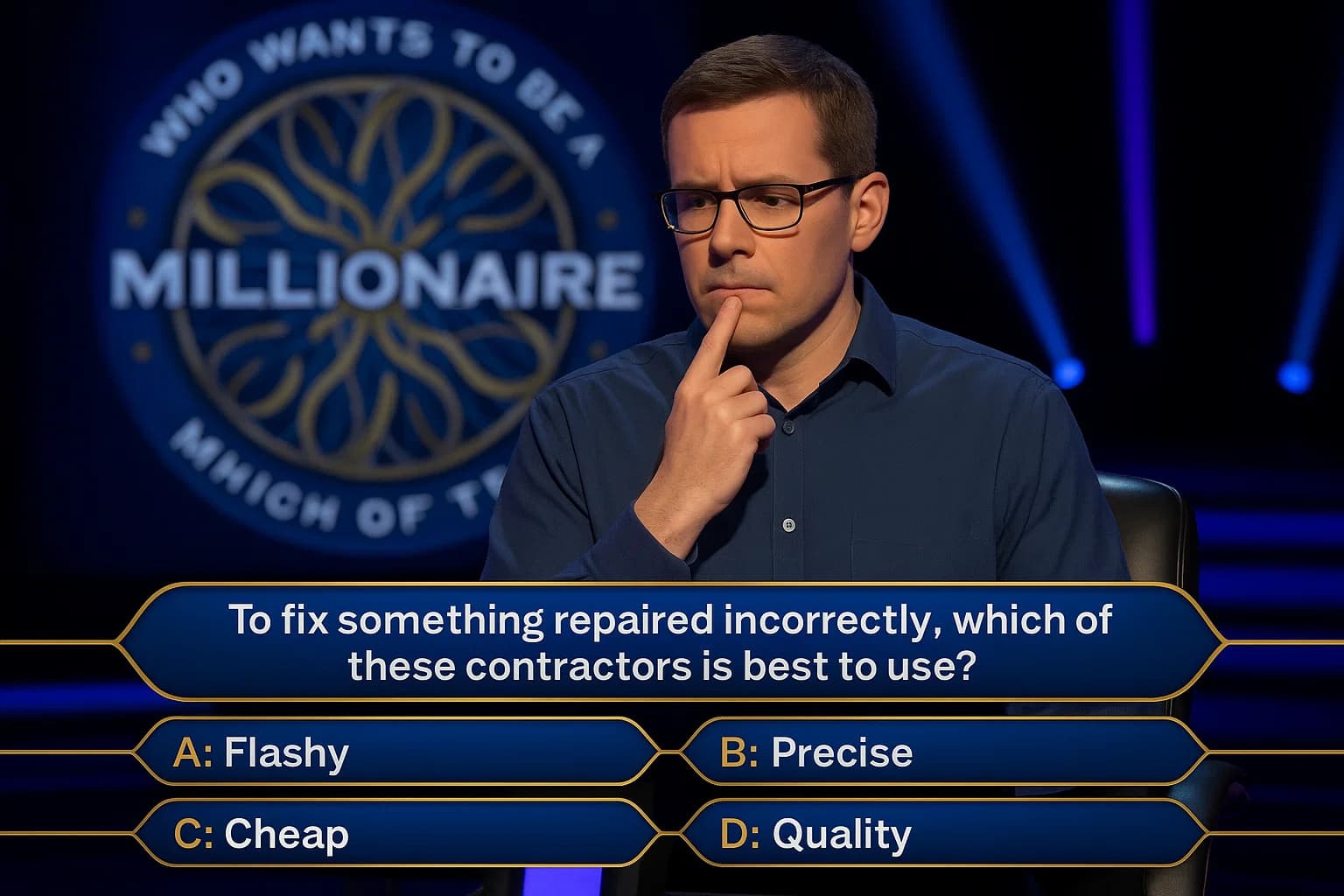Selecting the right contractor can make the difference between a successful home improvement project and a costly nightmare. Whether you're a homeowner planning a kitchen remodel in Suwanee, a bathroom renovation Buford, or a major home addition in downtown Sugar Hill, choosing the best contractor for your specific needs is crucial for project success. With Atlanta's booming construction market and Georgia's specific licensing requirements, it's essential to understand the different types of contractors available, what to look for in a quality contractor, and how to avoid common hiring mistakes in the metro Atlanta area.
Before Any Project, Remember This
In Georgia, any contractor offering or performing construction services for compensation on projects valued over $2,500 (including materials and labor) must hold the appropriate state contractor license.
Understanding Different Types of Contractors
What is a Specialty Contractor?
A specialty contractor is a company or individual who focuses exclusively on one specific trade or task. These contractors have deep expertise in their particular area, whether it's hardwood flooring installation, roofing repair, plumbing services, electrical work, or interior painting. Because they specialize in just one field, they often have extensive knowledge of the latest techniques, materials, and industry standards for their trade.
When to hire a specialty contractor: Specialty contractors are ideal when you have a single, well-defined project. If you need your gutters replaced, your house painted, or new hardwood floors installed in your home, a specialty contractor can often provide competitive pricing and expert craftsmanship. Their focused expertise means they're likely to complete the work efficiently and to high standards within their specialty area. In the Atlanta area, many specialty contractors have experience with the region's specific climate challenges, such as Georgia's humidity and storm damage considerations.

What is a General Contractor?
A general contractor serves as the project manager and coordinator for construction projects. While they may perform some construction tasks themselves, their primary role is orchestrating the various trades needed to complete a project. General contractors typically maintain relationships with multiple subcontractors and coordinate scheduling, materials, building permits, and quality control across all aspects of the job.
When to hire a general contractor: General contractors are essential for complex home improvement projects that require multiple trades, such as kitchen remodeling, bathroom renovations, basement finishing, room additions, or new home construction. In the Suwanee and metro Atlanta market, general contractors handle the logistics of getting different specialists to work together harmoniously and ensure the project stays on schedule and within budget. They're also familiar with Gwinnett County permitting processes and Atlanta-area building codes. While they may not have the deep specialty knowledge of individual trades, they understand how different aspects of construction work together in Georgia's climate and building environment.
Specialized-Comprehensive Contractor
A specialized-comprehensive contractor combines the project management capabilities of a general contractor with the in-house expertise of multiple specialty trades. These companies employ skilled tradespeople across various disciplines and hold the necessary licenses and certifications for each trade they perform.
For example, a restoration company like R4 Restoration might have certified specialists in water damage mitigation, mold remediation, carpentry, flooring, roofing, drywall, and HVAC systems all working under one roof. This approach offers several advantages: seamless coordination between trades, consistent quality standards, competitive pricing, and comprehensive understanding of how different building systems interact.
This type of contractor excels at complex projects where multiple systems need to work together, particularly important in Georgia's humid climate. They can identify how issues in one area might affect another – such as recognizing that moisture problems in a crawlspace could be causing flooring issues upstairs, or understanding how roofing work needs to integrate properly with siding and gutter systems to handle Atlanta's heavy rainfall and storm conditions.
Key Factors to Consider When Choosing a Contractor
Georgia Contractor Licensing and Insurance Requirements
Always verify that your contractor holds the appropriate licenses for Georgia and your specific project type. In Georgia, contractors must be licensed through the Georgia Secretary of State's office, and you can verify their credentials online. For Suwanee, Buford, Duluth, Sugar Hill and metro Atlanta projects, ensure your contractor is familiar with local building codes, which can vary between Gwinnett County and other Atlanta-area municipalities.
Additionally, confirm they carry both liability insurance and workers' compensation coverage. Request to see current certificates and don't hesitate to contact the insurance company to verify coverage. Georgia law requires contractors to carry minimum insurance levels, so make sure your contractor meets or exceeds these requirements.
Experience and References

Look for contractors with substantial experience in projects similar to yours, particularly those familiar with Suwanee and metro Atlanta area homes. Ask for references from recent customers in your area and actually contact them to inquire about the quality of work, timeliness, cleanliness, and overall satisfaction. A reputable Atlanta-area contractor should be proud to share their local work and customer feedback from Gwinnett County and surrounding communities.
Written Estimates and Contracts
Obtain detailed written estimates from multiple contractors that include materials, labor, timeline, and total costs. Be wary of estimates that are significantly higher or lower than others without clear justification. Once you select a contractor, ensure all agreements are documented in a comprehensive written contract that includes project specifications, materials to be used, timeline, payment schedule, and change order procedures.
Communication and Professionalism
Pay attention to how contractors communicate during the bidding process. Are they prompt in returning calls? Do they show up on time for appointments? Are they knowledgeable about Georgia building codes and Gwinnett County permit requirements? Do they provide clear, detailed answers to your questions about working in the Atlanta climate? These early interactions often predict how the actual project will proceed.
Payment Terms
Be cautious of contractors who demand large upfront payments or full payment before work begins. Legitimate contractors typically request a small down payment to secure materials, with the balance due upon completion or according to a progress-based payment schedule. Never pay in full until you're completely satisfied with the completed work.
Red Flags to Avoid

Steer clear of contractors who go door-to-door soliciting work, especially after storms. Some scammers may claim to have “leftover materials” from a recent or nearby job. Be suspicious of cash-only deals, contractors without local addresses or proper licensing, or those who pressure you to sign immediately. Avoid anyone who provides verbal-only estimates or seems reluctant to provide references. Legitimate contractors rarely solicit work door-to-door.
Making Your Final Decision
The lowest bid isn't always the best choice. Consider the total value proposition: quality of materials, timeline, warranty offered, contractor's reputation, and your comfort level with their communication style. A slightly higher upfront cost from a reputable contractor often saves money in the long run by avoiding callbacks, delays, and quality issues.
Take time to research thoroughly, ask questions, and trust your instincts. The right contractor will be transparent about their process, responsive to your concerns, and committed to delivering quality work that meets your expectations and timeline.

Finding Quality Contractors in Suwanee and Metro Atlanta
Local Resources for Contractor Research
Start your search using these Atlanta-area resources:
- Georgia Secretary of State contractor license verification
- Better Business Bureau of Metro Atlanta, Athens, and Northeast Georgia
- Gwinnett County building department recommendations
- Local Suwanee community groups and neighborhood associations
- Online reviews specific to metro Atlanta contractors
Questions to Ask Potential Contractors
When interviewing contractors for your Suwanee or metro Atlanta project, ask these important questions:
- How long have you been working in the Atlanta area?
- Are you familiar with Gwinnett County building codes and permit processes?
- Do you have experience with Georgia's climate challenges (humidity, storms, etc.)?
- Can you provide references from recent projects in Suwanee or nearby communities?
- How do you handle Georgia's unpredictable weather during construction?
- What's your experience with local suppliers and material availability?
Remember that choosing a contractor is about finding a partner for your project. The best contractors in the Suwanee and metro Atlanta area view customer satisfaction as essential to their reputation and will work with you to ensure your vision becomes reality while navigating local regulations and climate considerations effectively.
